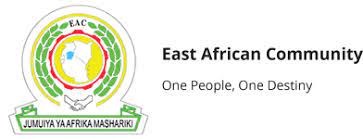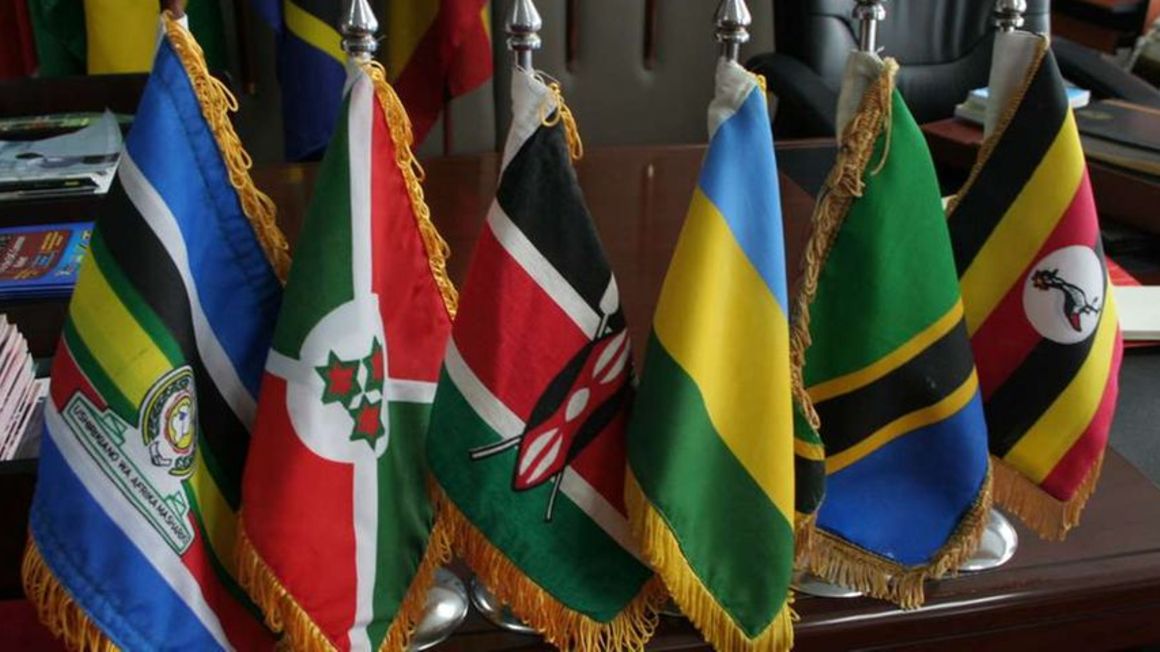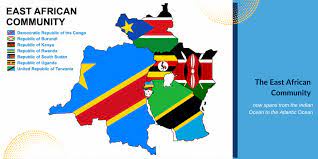A decision to set up the East African Monetary Institute (EAMI) — the Central Bank of East Africa — which is widely seen as a key institution required in implementing a single currency regime, will be made this year, East African Community (EAC) Secretary-General Peter Mathuki has said.
Member states have so far failed to agree on which country should host the EAMI, each angling to avail themselves of the massive potential to attract foreign capital and become the region’s financial hub. The EAMI has thus become a hot potato, with the partners jostling to host the key institution.
“The EAMI will be in place this year in what will allow us to harmonize member states’ fiscal and monetary policies, then in about three years we will have a common currency in place,” Mathuki told journalists last week. The single currency will ease business and movement of persons within the region, which would achieve the bloc’s goal of becoming as envisioned in the Common Market Protocol.
With a collective population of 300 million, the EAC is likely to attract investors from across the world, as they will gain from the vast market and by extension have access to the entire continent’s population. The common currency marks the third pillar of integration of the EAC after the establishment of the customs union and the common market protocol that deepened cooperation among the EAC member states.
Intra-regional trade within the regional bloc is on an upward trajectory, standing at US$ 10.17 billion by September 2022, according to the EAC statistics. The intra-regional trade growth can be attributed to political goodwill among the members’ heads of state and the relaxation of Covid-19 restrictions in the region amongst others, said Mathuki.



